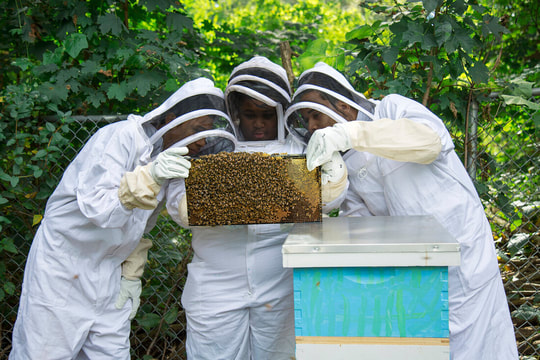 Photos courtesy of huneebeeproject
Photos courtesy of huneebeeproject
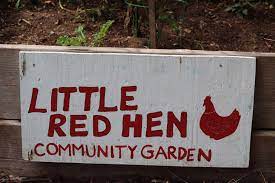 Photo courtesy of newhavenarts.org
Photo courtesy of newhavenarts.org
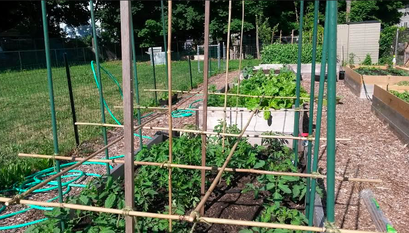 Photo courtesy of Field of Greens
Photo courtesy of Field of Greens
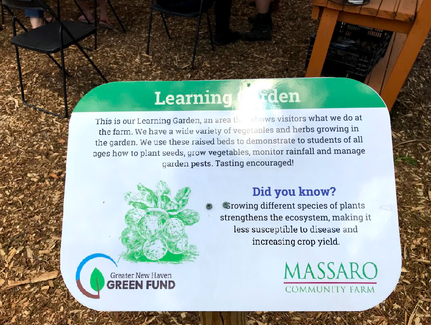 Photo courtesy of Massaro Farm
Photo courtesy of Massaro Farm
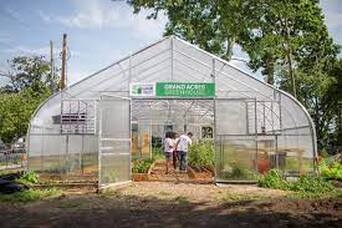 Photo courtesy of nhregister.com
Photo courtesy of nhregister.com
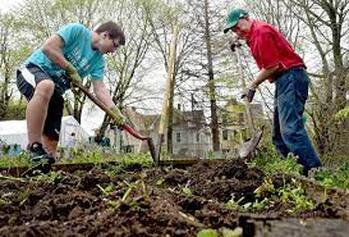 Photo courtesy of nhregister.com
Photo courtesy of nhregister.com
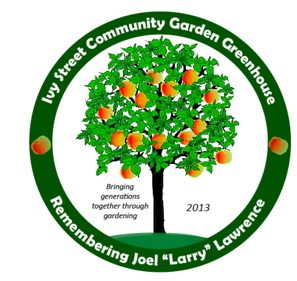 Photo courtesy of Ivy Street Garden
Photo courtesy of Ivy Street Garden
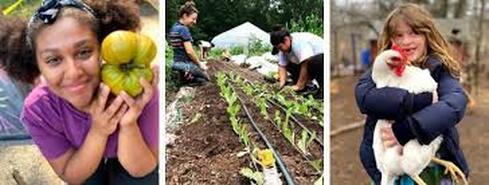 Photo courtesy of Common Ground High School Facebook page
Photo courtesy of Common Ground High School Facebook page
